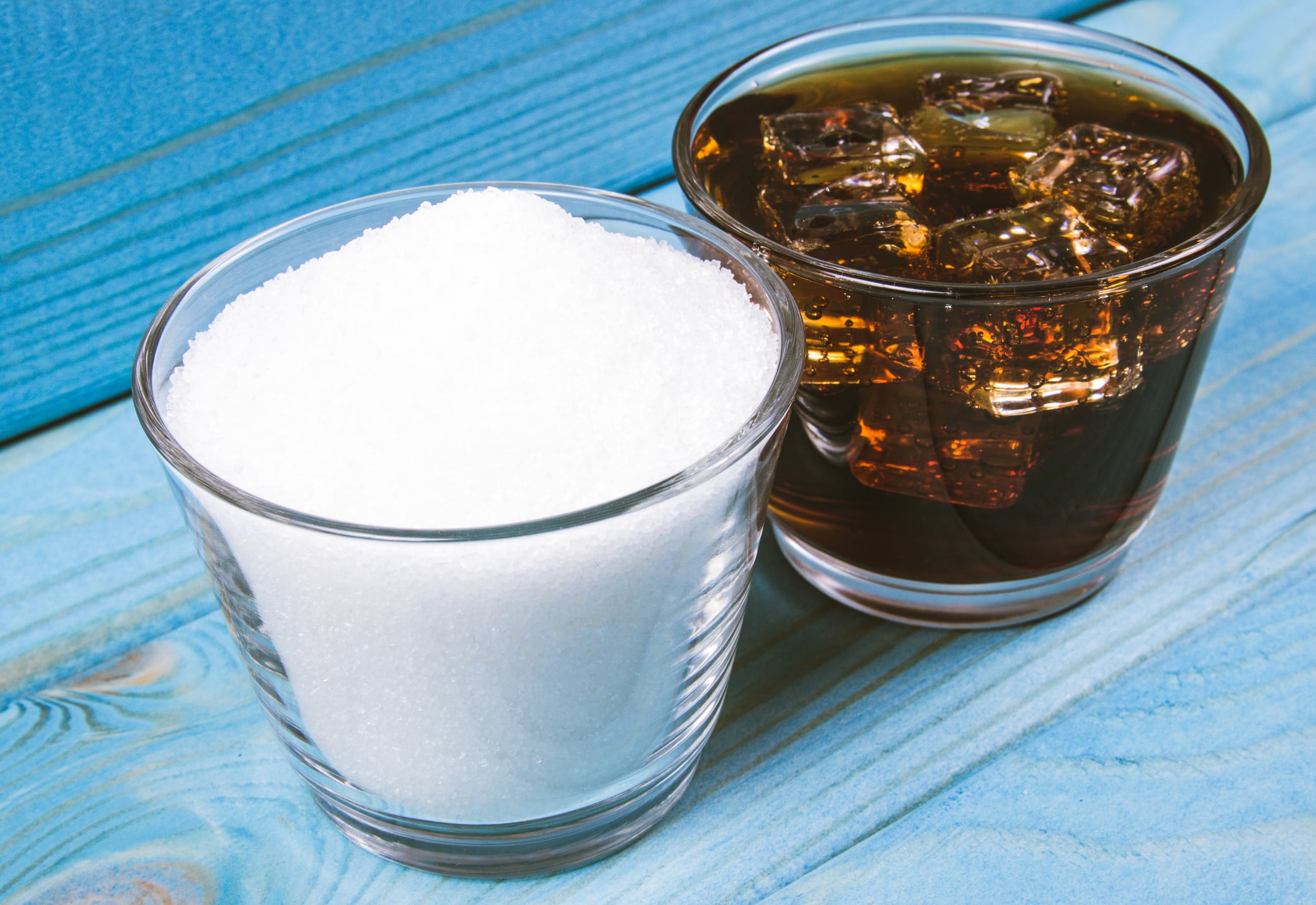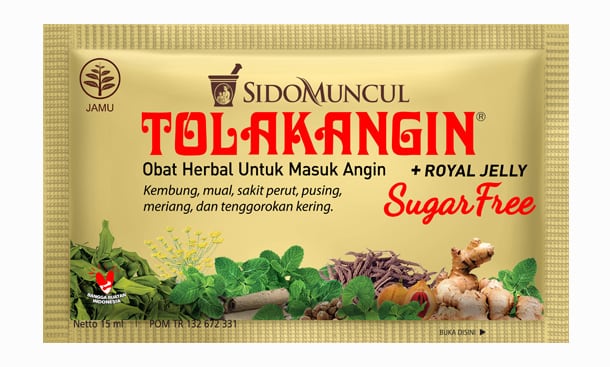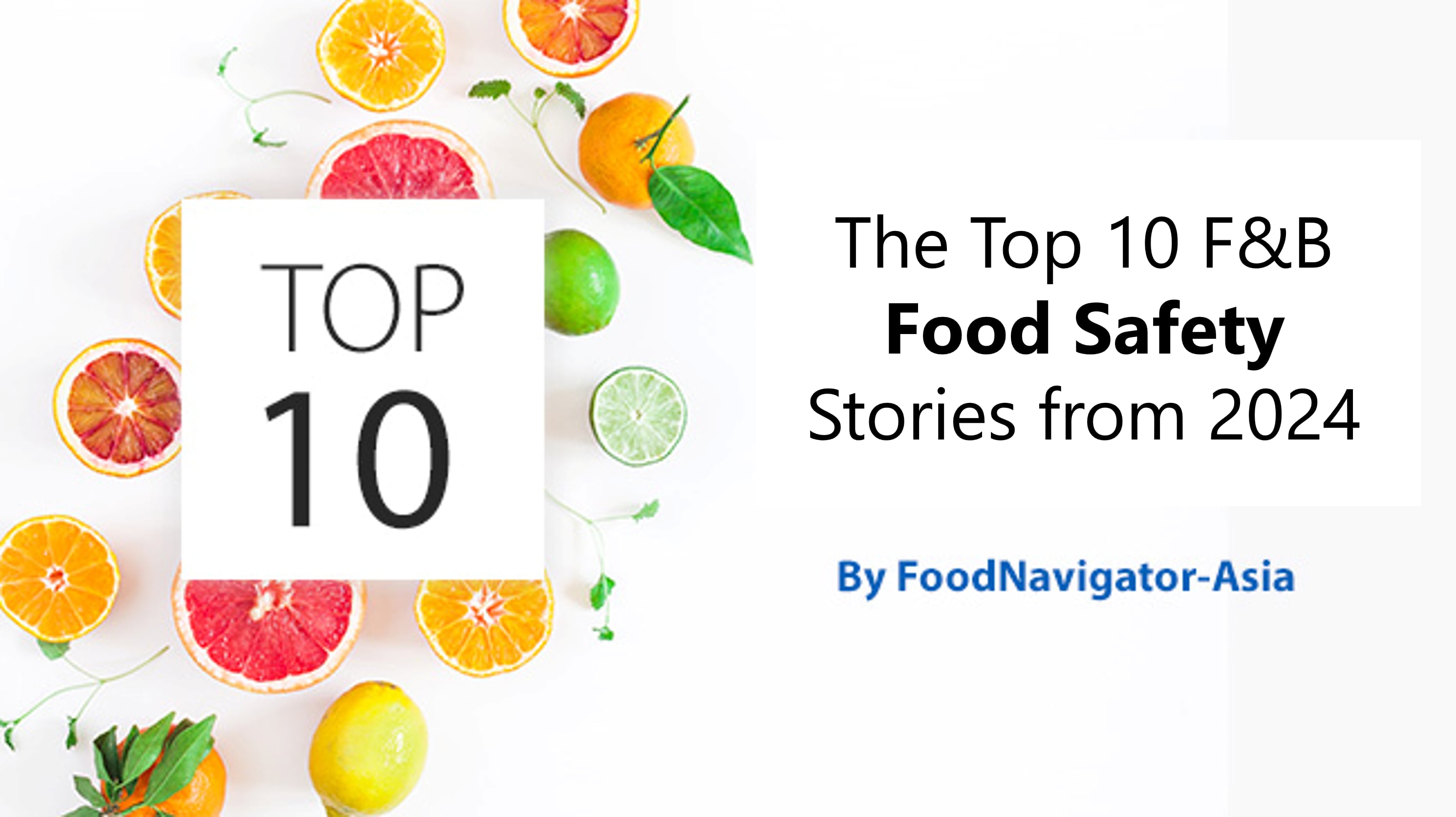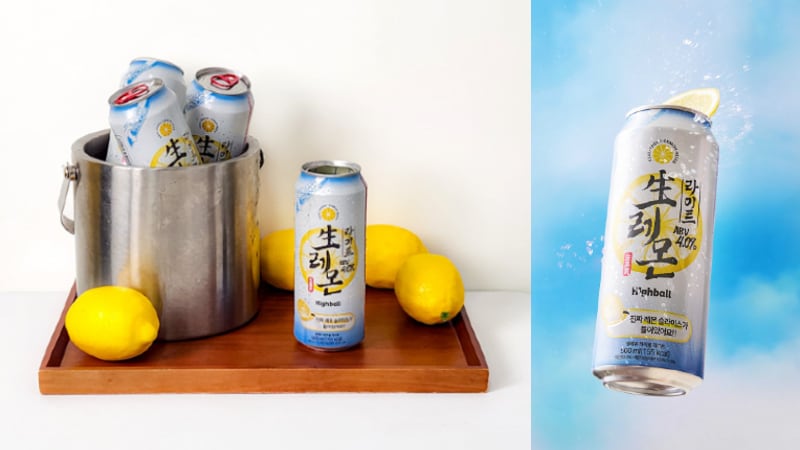CKD is a complex condition that results from genetic, environmental and lifestyle factors, as well as other diseases such as hypertension, obesity, and diabetes.
Although higher consumption of SSBs and ASBs has been linked to CKD risk factors, its long-term association with disease development has yet to be well-established due to inconsistent findings of previous studies.
To examine these associations, and assess the extent to which metabolic syndrome (MetS) and its individual components mediated the observed associations, a study was conducted by Chinese researchers.
It was based on data of 191,956 participants from the UK Biobank, an ongoing large-scale prospective cohort study that contains in-depth genetic and health information from over 500,000 UK adults aged 40 to 69 years.
Daily consumptions of SSBs, ASBs and NJs were measured via 24-hour dietary recall.
Among the participants included in the analysis, 32.6% drank SSBs, 11.9% drank ASBs, and 33% drank NJs.
Participants who consumed more SSBs were more likely to be younger, male, smokers, had greater daily total energy and sugar intake, and higher prevalence of MetS.
Those who consumed more ASBs tended to be younger, female, more highly educated, and higher usage of medication, including aspirin and proton pump inhibitors, and higher prevalence of MetS.
Additionally, NJs consumers tended to be male, more educated, have higher income, non-smokers, and have higher daily total energy and sugar intake.
Through a median follow-up of 10.63 years, 4,983 incident CKD cases were documented.
It was found that higher consumption (more than 1unit/day) of SSBs and ASBs was associated with an elevated risk of CKD, compared to non-consumption.
Furthermore, participants consuming 0.5-1unit/day of SSBs or ASBs were at a higher risk of CKD, while those drinking 0-0.5unit/day of SSBs or ASBs did not show an increased risk compared to non-consumers.
In contrast, participants with moderate NJ intake (more than 0-1unit/day) had a 14% reduced CKD risk, compared to non-consumers.
Notably, substitution analyses indicated that replacing 1unit/day of SSBs or ASBs with an equivalent consumption of NJs was associated with a nearly 20% lower risk of CKD. However, substituting SSBs with ASBs did not reduce the risk of CKD.
“Although the causal relationship cannot be determined, our results emphasise the critical importance of limiting the consumption of SSBs or ASBs for CKD prevention. Further research with longitudinal data is needed to validate our findings and explore the optimal intake level for NJs,” the authors wrote.
MetS mechanism
In this study, MetS was defined as the presence of three or more of the following components: central obesity (abdominal obesity), hypertriglyceridemia, reduced high-density lipoprotein cholesterol, hypertension, high blood sugar, and high uric acid level.
All three types of beverages were positively associated with MetS risk.
In particular, the proportions of the observed association between higher intakes of SSBs and ASBs with CKD mediated by MetS were 12.5 and 18% respectively.
The MetS component that accounted for the largest proportion of the mediated associations of SSBs and ASBs consumption with CKD was central obesity — 9.3% for SSBs and 27% for ASBs.
“Our findings identified the MetS processes as a potentially influential pathway linking SSBs or ASBs consumption to CKD risk.
“However, given the relatively small mediation proportion of MetS and its individual components, the effect of SSBs and ASBs on CKD is likely explained through mechanisms other than MetS, such as chronic low-grade inflammation. Further research is needed to explore these mechanisms comprehensively.”
Potential alternative
Considering that moderate intake of NJs has been linked to a lower risk of central obesity, cardiometabolic multimorbidity, and dementia, findings from this study suggest that moderate consumption of pure fruit and/or vegetable juices may be a healthier alternative to SSBs and ASBs for CKD prevention.
Nevertheless, further analysis showed that participants taking more than 6units/day of NJs had a higher CKD risk, compared those who did not drink any.
“Since excessive NJ consumption is associated with a higher risk of weight gain, type 2 diabetes, and increased all-cause mortality, further investigation on fruit juices is warranted.”
It should be noted that this study has certain limitations, including susceptibility to recall or reporting biases, limited ability to establish causal relationships, and majority of participants of white ethnicity, which affects generalisability of the findings.
Source: Frontiers in Nutrition
https://doi.org/10.3389/fnut.2024.1401081
“Sugary beverages intake and risk of chronic kidney disease: the mediating role of metabolic syndrome”
Authors: Xiao-Yu Dai, et al





